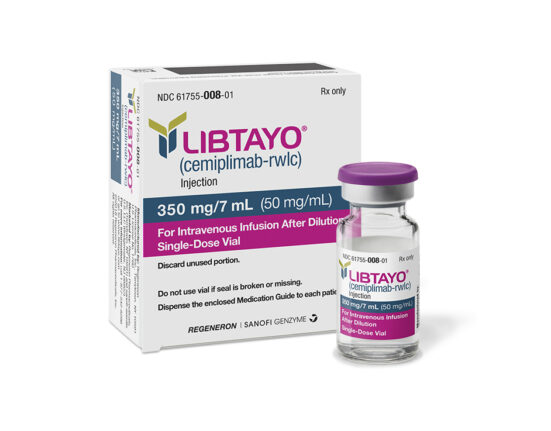In a world where cooperation and unity are essential, countries recently came together to address one of the most pressing issues facing humanity – pandemics. The annual World Health Organization (WHO) meeting held in Geneva was the stage for a landmark event where nations signed off on a global pandemic treaty.
The atmosphere in Geneva was charged with anticipation as representatives from various countries gathered to discuss and formulate strategies to combat global health crises effectively. The signing of this treaty signifies a significant step forward in preparing for and responding to potential future pandemics.
Expert analysts hailed the treaty as a crucial development that underscores the importance of international cooperation in tackling health emergencies. One expert remarked,
“This treaty is not just a piece of paper; it is a symbol of our shared commitment to safeguarding global health security.”
The provisions outlined in the treaty encompass various aspects critical for managing pandemics efficiently. From early detection mechanisms to coordinated response efforts, the agreement aims to enhance preparedness and resilience across borders.
As discussions unfolded during the meeting, it became apparent that collaboration and information-sharing are paramount in addressing emerging health threats. A key aspect highlighted by experts was the need for transparency among nations to facilitate swift action when dealing with potential pandemics.
One delegate emphasized,
“We cannot afford delays or silos when faced with a global health crisis. This treaty paves the way for seamless communication and collaboration between countries.”
The significance of having such a treaty lies not only in its immediate impact but also in its long-term implications for global health security. By laying down clear guidelines and protocols, nations can streamline their responses during times of crises, thereby minimizing risks and ensuring better outcomes.
Furthermore, experts underscored that investing in preventive measures is equally vital in mitigating the impact of future pandemics. Building robust healthcare systems, promoting research initiatives, and fostering innovation are all pivotal elements that can bolster resilience against unforeseen health challenges.
One public health specialist commented,
“While treaties provide frameworks for action, true success lies in proactive measures taken at national levels. It’s imperative that countries prioritize investments in healthcare infrastructure and training programs.”
In essence, the global pandemic treaty signed at the WHO meeting stands as a testament to collective determination towards safeguarding public health on a worldwide scale. It sends a powerful message that solidarity and collaboration are indispensable tools in our fight against infectious diseases – both known and yet unknown.
As delegates exchanged final pleasantries before departing from Geneva, there was an air of optimism resonating through the corridors – an optimism fueled by the belief that united efforts today will pave the way for a healthier tomorrow across borders.









Leave feedback about this